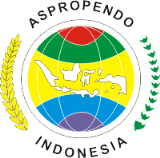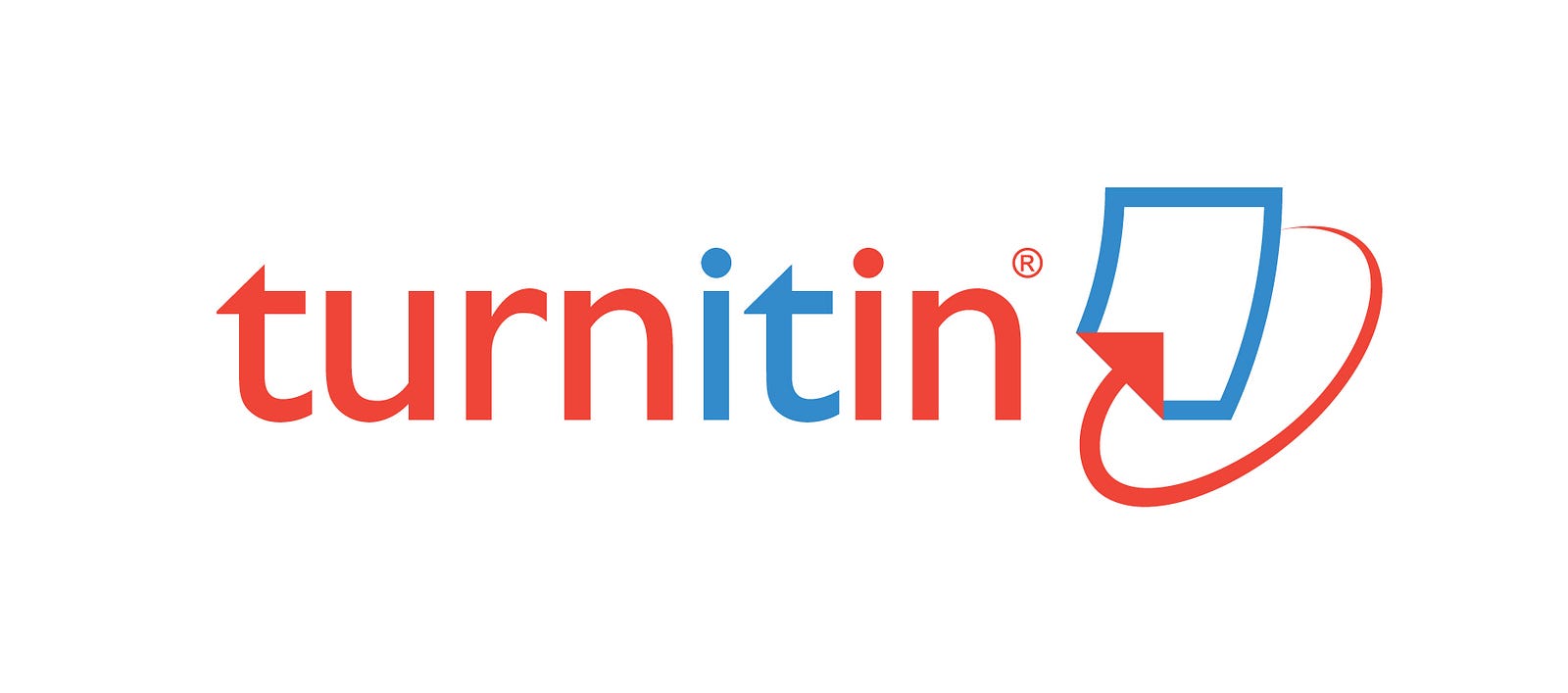Efikasi Diri Generasi Milenial dan Keputusan Berwirausaha di Bidang Ekonomi Kreatif
Abstract
Pelaku usaha khususnya dari generasi milenial dituntut untuk bisa menghasilkan produk kreatif yang memiliki nilai jual. Generasi milenial perlu memiliki efikasi diri yang tinggi untuk berwirausaha di bidang ekonomi kreatif agar memiliki keyakinan dan keberanian dalam menghadapi segala resiko. Usaha bidang ekonomi kreatif adalah bidang usaha yang membutuhkan dasar kreativitas, inovasi dan teknologi. Tujuan penelitian ini adalah untuk menganalisis pengaruh efikasi diri terhadap keputusan berwirausaha pada generasi milenial di bidang ekonomi kreatif. Data dikumpulkan dengan membagikan kuesioner kepada 150 responden. Pemilihan sampel menggunakan teknik purposive sampling yaitu generasi milenial yang sudah menjalankan usaha kreatif di Yogyakarta. Analisa data menggunakan regresi linier sederhana dan didapatkan hasil bahwa efikasi diri memiliki pengaruh positif terhadap keputusan generasi milenial untuk berwirausaha di bidang ekonomi kreatif.
Kata kunci: efikasi diri; ekonomi kreatif; keputusan berwirausahaFull Text:
PDF (Bahasa Indonesia)References
Ari, I. A. G. R. P & Astiti, D. P. (2014). Peran persepsi individu terhadap asuransi dan model kepercayaan kesehatan dalam pengambilan keputusan menggunakan asuransi jiwa. Jurnal Psikologi Udayana, 1(2), 381–388. https://doi.org/10.24843/jpu.2014.v01.i02.p17
BPS. (2022). Statistik eCommerce 2022. https://www.bps.go.id/publication/2022/12/19/d215899e13b89e516caa7a44/statistik-e-commerce-2022.html
Budiati, I., Susianto, Y., Adi, W. P., Ayuni, S., Reagan, H. A., Larasaty, P., Saputri, V. G. (2018). Statistik gender tematik: Profil generasi milenial Indonesia. Kementerian Pemberdayaan Perempuan dan Perlindungan Anak. Jakarta.
Christian, M. (2017). Pengaruh faktor perilaku pada kelompok millineal terhadap keinginan untuk berwirausaha. Journal of Business & Applied Management, 10(02), 92–105. https://doi.org/10.30813/jbam.v10i02.930
Damanik, S. W. H., & Purba, R. (2021). The effect of enterprise characteristics and self efficacy on entrepreneurial decisions. BASKARA : Journal of Business and Entrepreneurship, 3(2), 49-57. https://doi.org/10.24853/baskara.3.2.49-57
Dewi, S. N., & Haryanto, A. T. (2017). Dampak keputusan berwirausaha dengan lingkungan sosial dan pendidikan formal pada motivasi berwirausaha. Jurnal Perilaku dan Strategi Bisnis, 5(1), 109–116. https://doi.org/10.26486/jpsb.v5i1.330
Dewi, M. K., & Widhiyani, N. L. S. (2020). The influence of self efficacy, e-Commerce and entrepreneurial education in decision making for entrepreneurs (case study of Accounting major students Faculty of Economics and Business, Udayana University). International Journal of Management and Commerce Innovations, 8(2), 124–131. https://www.researchpublish.com/papers/the-influence-of-self-efficacy-e-commerce-and-entrepreneurial-education-in-decision-making-for-entrepreneurs-case-study-of-accounting-major-students-faculty-of-economics-and-business-udayana-university
Dewi, R. (2020). Minat berwirausaha melalui pengetahuan, motivasi dan self efficacy di kalangan millenial. Media Mahardhika, 19(2), 316–327. https://doi.org/10.29062/mahardika.v19i2.256
Hadiyati, H. (2019). Efikasi diri mahasiswa memulai berwirausaha. Jurnal Daya Saing, 5(2), 142–148. https://doi.org/10.35446/dayasaing.v5i2.380
Isma, A., Sudarmiatin, & Hermawan, A. (2020). The effect of entrepreneurial self-efficacy, subjective norm, and locus of control on entrepreneurial intention through entrepreneurial attitude in Economic Faculty students of Universitas Negeri Makassar. International Journal of Business, Economics and Law, 23(1), 262–272. https://www.ijbel.com/wp-content/uploads/2020/12/IJBEL23-255.pdf
Karpinski, A. C., Cogo, D. C., Antonelli, R. A., & Meurer, A. M. (2020). Relação entre a autoeficácia e os estágios do processo decisório: análise da percepção dos futuros administradores. Revista de Administração Da UFSM, 13(4), 792–807. https://doi.org/10.5902/1983465934132
Lianto, L. (2019). Self-efficacy: A brief literature review. Jurnal Manajemen Motivasi, 15(2), 55-61. https://doi.org/10.29406/jmm.v15i2.1409
Mashdurohatun, A., Yuliawan, I., Susilo, A. B., Laksamana, A. W., & Mansyur, M. A. (2021). The effectiveness of intellectual property rights protection to improve creative economy realization in Semarang District. Journal of Southwest Jiaotong University, 56(2), 385–393. https://doi.org/10.35741/issn.0258-2724.56.2.31
Maydiantoro, A., Jaya, T. M. B. S., Basri, M., Yulianti, D., Sinaga, R. M., & Arif, S. (2021). The influence of entrepreneurial attitudes, subjective norms and self-efficacy on entrepreneurial intentions. Journal of Management Information and Decision Sciences, 24(S4), 1–12. http://repository.lppm.unila.ac.id/id/eprint/38101
Newman, A., Obschonka, M., Schwarz, S., Cohen, M., & Nielsen, I. (2019). Entrepreneurial self-efficacy: a systematic review of the literature on its theoretical foundations, measurement, antecedents, and outcomes, and an agenda for future research. Journal of Vocational Behavior, 110(B), 403–419. https://doi.org/10.1016/j.jvb.2018.05.012
Panić, D. S., & Milić, V. J. (2022). Entrepreneurial self-efficacy and business success of entrepreneurs in the Republic of Serbia: a pilot study. Teme, 51(1), 113-128. https://doi.org/10.22190/teme200323006s
Rapp, D. J., & Olbrich, M. (2020). On entrepreneurial decision logics under conditions of uncertainty: an attempt to advance the current debate. Journal of Innovation and Entrepreneurship, 9(21). https://doi.org/10.1186/s13731-020-00131-7
Raza, S. A., & Irfan, M. (2017). Investigating the intentions, self-efficacy and motivators behind entrepreneurial decisions of business students. Bulletin of Education and Research, 39(3), 117–129. https://files.eric.ed.gov/fulltext/EJ1210310.pdf
Sampoerno, A. E., & Asandimitra, N. (2021). Pengaruh financial literacy, income, hedonism lifestyle, self-control, dan risk tolerance terhadap financial management behavior pada generasi milenial kota Surabaya. Jurnal Ilmu Manajemen, 9(3), 1002–1014. https://doi.org/10.26740/jim.v9n3.p1002-1014
Shaheen, N., & AL-Haddad, S. (2018). Entrepreneurial self-efficacy and entrepreneurial behavior. International Journal of Development and Sustainability, 7(10), 2385–2402. www.isdsnet.com/ijds
Sofia, A., & Sanjaya, E. L. (2021). Entrepreneurial self-efficacy, perceived family support, dan entrepreneurial intention pada mahasiswa. Psibernetika, 14(1), 49–57. https://doi.org/10.30813/psibernetika.v14i1.2717
Wijangga, J., & Sanjaya, E. L. (2019). The relationship between entrepreneurial self-efficacy and entrepreneurial intention. Journal of Entrepreneur and Entrepreneurship, 8(1), 19–24. https://journal.uc.ac.id/index.php/JEE/article/download/1113/912
Yasir, N., et al. (2020). How can entrepreneurial self-efficacy, proactivity and creativity enhance sustainable recognition opportunity? The effect of entrepreneurial alertness is to mediate the formation of sustainable entrepreneurial intension. Journal of Early, XXIX(5), 1004–1023. https://www.revistaclinicapsicologica.com/archivesarticle.php?id=207
Refbacks
- There are currently no refbacks.













